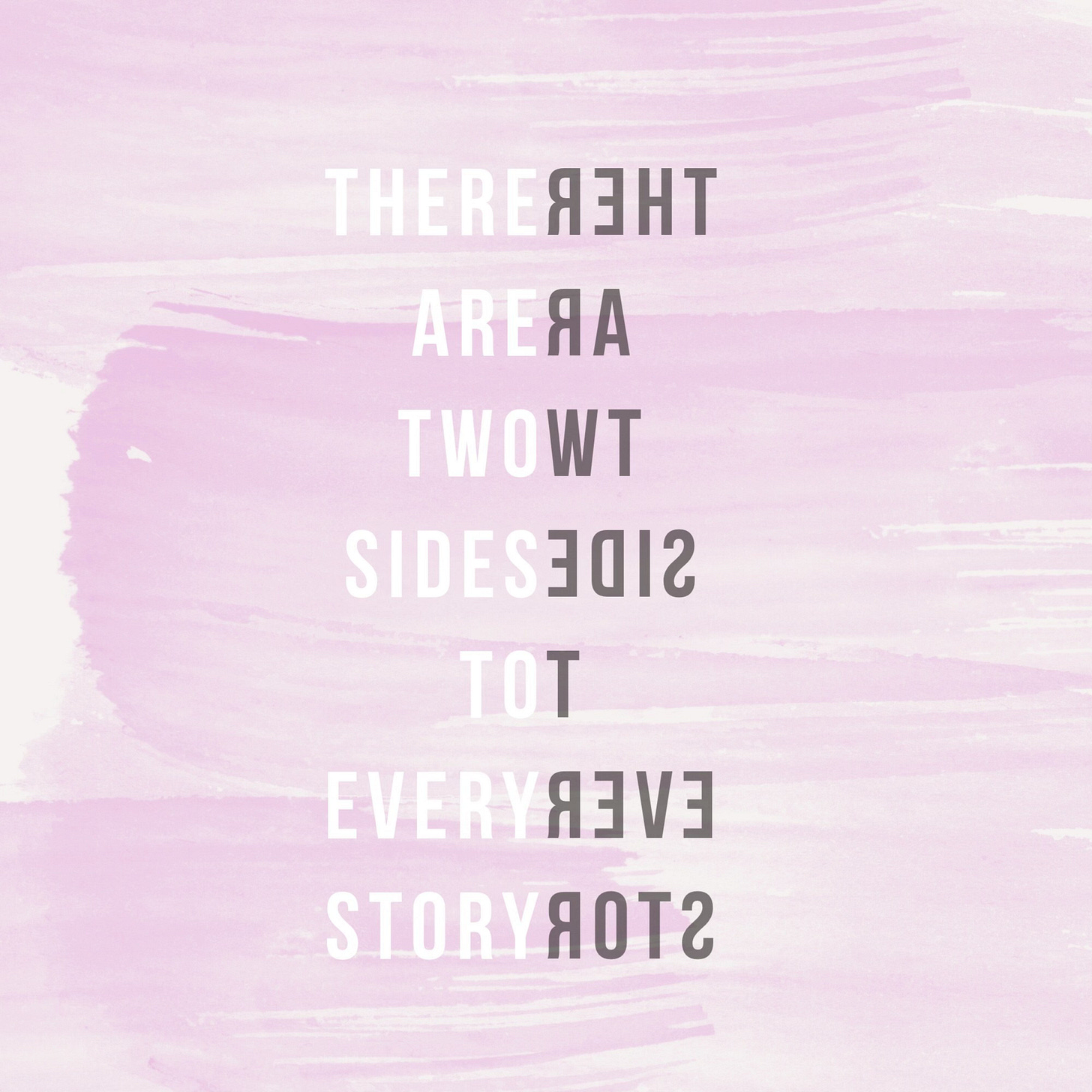A couple of months ago, the South Korean president Yoon Suk Yeol declared martial law. This caught much of the world by surprise, not least of all South Koreans who must have pulled their nice cars over to the side of their excellent roads, and read on their phone a story that bore no relation to any reality they could see.
So what happened?
Well, he has since been impeached and his powers suspended, mainly because the South Korean government—and its people—collectively stood up and said, more or less, “what, bro?”
Here was the problem:
Korea JoongAng Daily story from December 28, 2024
Minor Rebuilding Korea Party Rep. Lee Hai-min, who worked in Google’s IT department, said that YouTube’s algorithm was to blame for Yoon’s behavior.
"Scrutinizing Yoon's public address, I learned that he was genuinely in agreement with the voting fraud rumors that some far-right YouTube channels claim to be true," she told the press on Dec. 13 at the National Assembly.
"YouTube's algorithm has created confirmation bias and hysteria for our president.”Korean partisan politics on YouTube largely gained momentum with far-right political YouTubers, who sided with former President Park despite the widespread, relatively bipartisan opinion that she should be impeached for leaking state affairs to her friend and businesswoman, Choi Soon-sil. Park was impeached in late 2016 and ousted in 2017.
The videos used elementary language and logic to target Koreans over 60, who are often staunch conservatives and highly engaged in politics, consistently making up the largest demographic for voter turnout each year. They felt like their voices were being ignored by society as the former president was swiftly removed from the Blue House. But on YouTube, they found solace. With a clear target audience, the views proliferated and reached millions.
Yup, the president feasted on one side of the story, the side that fed his prejudices and which the algorithms offered him more and more extreme views of that side. Why at some point he had to act! The country was in danger! Traitors were at the gate!
Yeah, I know, the average South Korean had no idea what this guy was talking about, but that’s because the average person doesn’t indulge in feasting on extreme ideas.
That’s the problem with only reading one side’s views: you never hear the other side’s arguments:
Unless that other ear is hearing another viewpoint, you are not getting the whole story.
But wait, you say, one side is right and the other side is wrong! Uh, no. You are going to extremes again. Every side is made up of humans, and humans are complicated creatures full of both good points and bad. No side is 100% evil, no side is 100% angelic. You may agree with the majority of one side, but it’s simply not the case that one is bad and the other side is good.
They are trying to achieve many of the same things, they just disagree on tactics. Even when they do fundamentally disagree on an issue, it’s because they differ on which approach they think is better for society as a whole. In other words, they don’t think of themselves as doing evil deeds, even if you do.
If you do think of them as evil, you are not viewing them as they view themselves. That means you will never understand their thinking. To you it will be facile and evil. To them it will be clearly correct and you are naive. You are not even on the same playing field! To defeat someone, you must first understand how they think of themselves.
As the South Korean president found out, listening to only one side makes you imbalanced. When you get imbalanced, you can fall. But when you hear from both sides, you can weigh both sides, decide which bits to agree with, and avoid the situation where you think you—and only you—can save the country!
I am not asking you to read nakedly partisan media. I know it’s easy to find those sources left and right. I just mean if you want to know about a matter, read several mainstream sources. Each will emphasize aspects, each will downplay parts. Reading more than one will give you a fuller picture of the story.
And this isn’t necessary for every story. A sports score can be found from any source. The weather is the weather. But before you go marching in the street from a story, check another source.






Finally I can comment Nick.
I think the real lesson here isn’t just about Yoon or even South Korea. It’s about how fragile consensus reality has become in the age of algorithmic media. YouTube didn’t set out to radicalize a president, but its mechanics (optimized for engagement) created a hall of mirrors where the loudest, most extreme voices kept bouncing back at him, louder each time. And once you’re convinced you’re the only one who sees the "truth," drastic action starts to feel like duty.